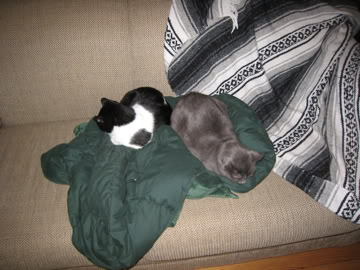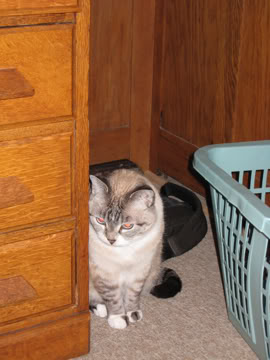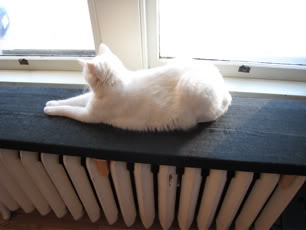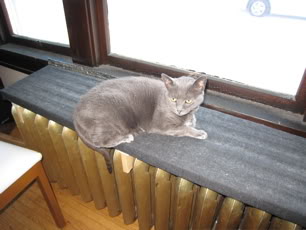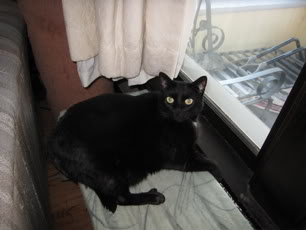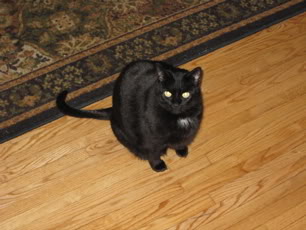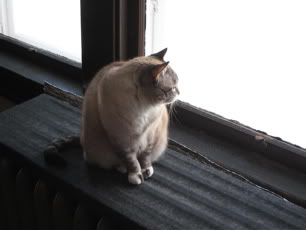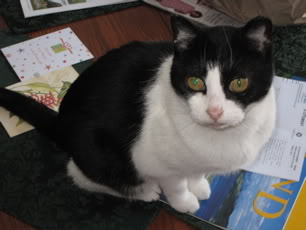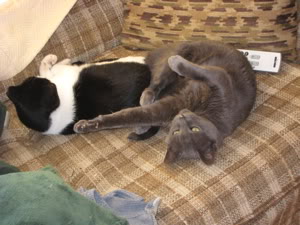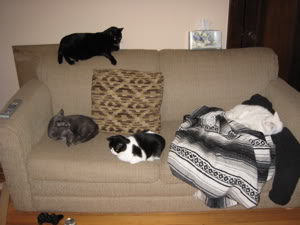So, I’ve noticed something over the past few years. The differential in difficulty between editing my own stuff and editing other people’s has shifted radically.
It used to be that I found it much easier to look objectively at someone else’s words and make useful suggestions than to see the holes in my own sentences and stories. Now, I find the reverse is true. Not because editing other people has gotten harder—if anything it’s simpler now—but because editing myself has gotten much easier. There are two reasons for that.
The first is that I’ve gotten more objective about my work, more able to see the flaws, particularly at the sentence and paragraph level. I suspect that’s partially because my eye has gotten better, but mostly because I suck less in general and so the rough patches stand out more.
The second reason is that I can be utterly merciless with myself. I don’t have to make suggestions, or gently bring issues to the attention of the writer. I can just fix the damn things and move on without spending time on polite. I can scrap hundreds of words at a go without feeling the least bit like I’ve killed somebody’s brain child.
The funny thing about the realization is that it happened when I was editing two pieces of professional-quality writing.
(Originally published on the Wyrdsmiths blog February 6 2009, and original comments may be found there. Reposted and reedited as part of the reblogging project)

